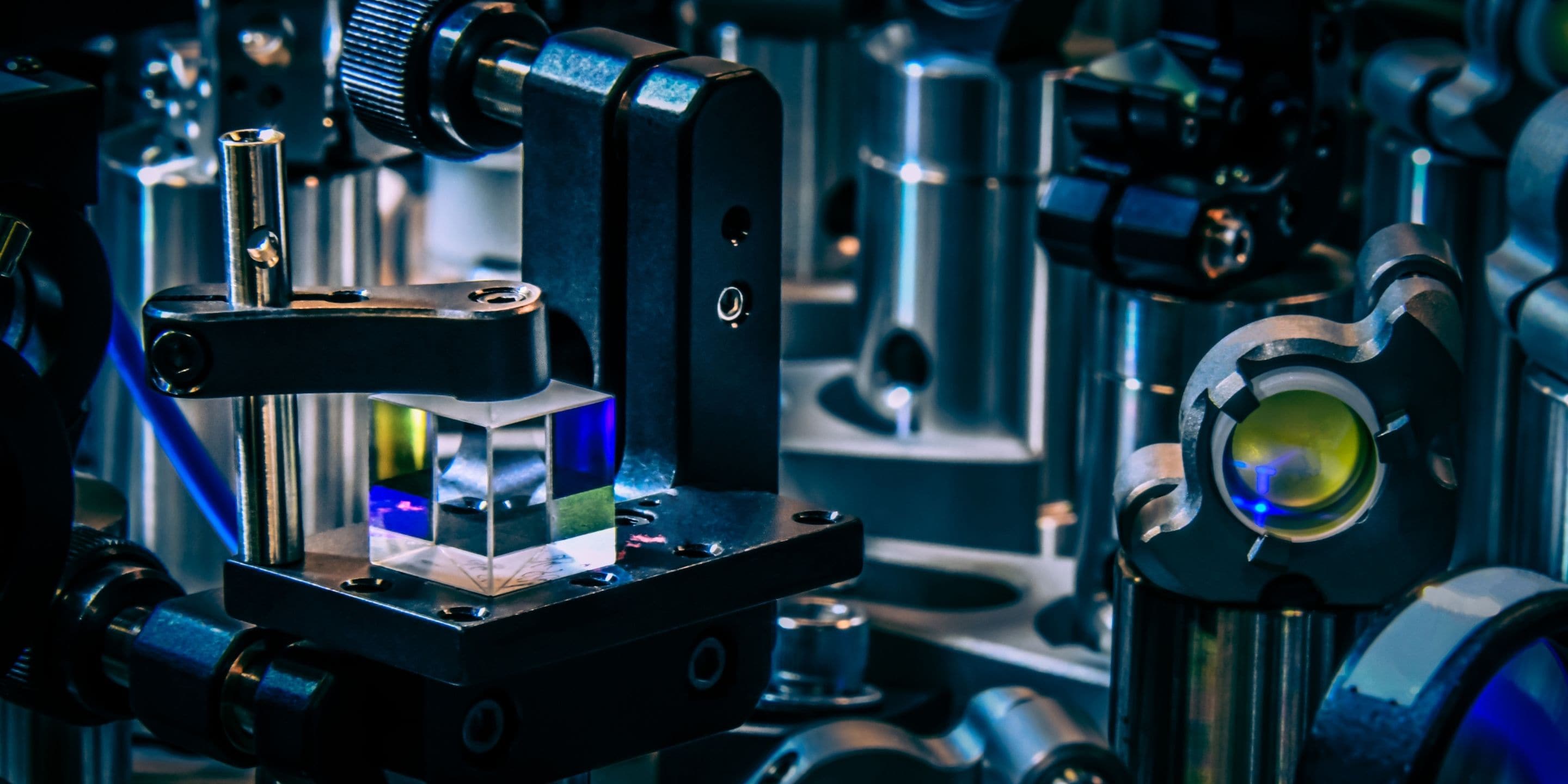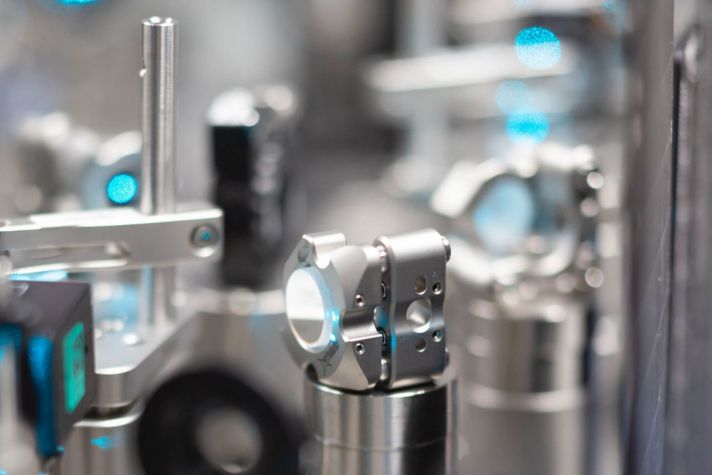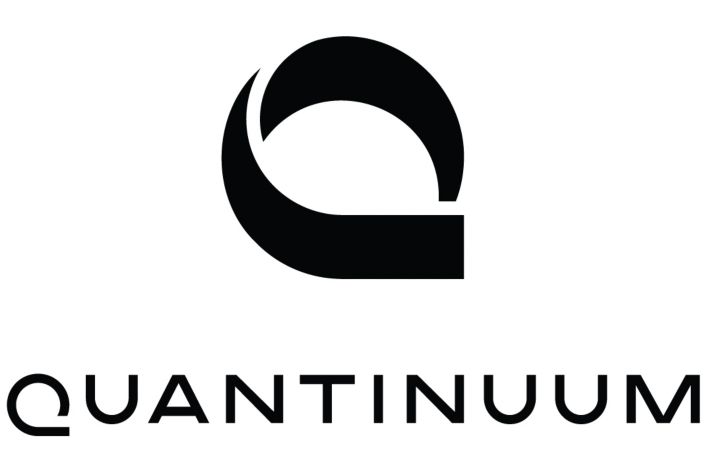-
 Global
Global-
Africa
-
Asia Pacific
-
Europe
-
Latin America
-
Middle East
-
North America
- |
- BUSINESSES
- |
- Contact
- |
-
 Global
Global-
Africa
-
Asia Pacific
-
Europe
-
Latin America
-
Middle East
-
North America
- |
- BUSINESSES
- |
- Contact
- |
You are browsing the product catalog for
You are viewing the overview and resources for
- News
- How Quantum Computing Can Help Keep Things Cool


How Quantum Computing Can Help Keep Things Cool
Honeywell used Quantinuum’s computational chemistry software platform to experiment with the formation of new, low global warming potential refrigerants.
Thanks to refrigerants, you can stay comfortable in the car on a hot day and fill your grocery cart with your favorite chilled or frozen foods.
Supermarkets and cars have used readily available refrigerants which historically have had high global warming potential (GWP) and ozone depletion potential.
More and more, low GWP alternatives that serve as drop-in replacements to traditional refrigerants are helping grocery store chains, car manufacturers and even some historic landmarks (like the Eiffel Tower) reduce their carbon footprint.
As more companies look to adopt environmentally sustainable solutions, developing low GWP refrigerants, compared with traditional options, is critical.
Designing these new, complex chemicals is no easy feat. Research and development experts experimenting with possible low GWP refrigerant solutions must spend their time on computer modeling, lab experiments and constant measuring of chemicals’ temperature, density and heat capacity.
That’s where Honeywell is investigating if quantum computing can help.
A new software platform developed by Quantinuum allows computational chemists – scientists who use computing to create simulations and solve problems that require large amounts of data – to investigate how quantum computing can improve the accuracy of complex molecular and materials simulations.
The new standalone platform, InQuanto, makes it easier than before to experiment with a wide range of quantum algorithms on today’s quantum computing machines.
Working together, researchers from Honeywell and Quantinuum applied InQuanto to take the first steps to investigate how quantum computing could aid in the development of new, low GWP refrigerants. The software platform allowed researchers to model a reaction between methane gas, a simple refrigerant, and a simple atmospheric radical.
Using InQuanto’s encoding and embedding techniques along with Quantinuum’s open-source software developer’s toolkit TKET, InQuanto is able to reduce the computational requirements for simulations and helps maximize computation performance across a wide range of quantum computing devices and simulators. Essentially, it gives companies the ability to explore how quantum capabilities can be applied to their experiments in an easier way than before.
Exploring new refrigerants is just one example of how quantum computing may help innovators solve complex challenges in a scalable way. Other industrials are investigating quantum computing’s help with equally large challenges in climate change, battery design and drug discovery.
Quantinuum is the world’s largest integrated quantum computing company, formed in 2021 by the combination of Honeywell Quantum Solutions and Cambridge Quantum. Learn more about Quantinuum and how it’s accelerating quantum computing to create scalable, commercial solutions that can be applied to chemistry, cybersecurity, finance and optimization.
Plus, check out our quantum computing dictionary to learn about qubits, trapped ions and other quantum lingo.
Copyright © 2025 Honeywell International Inc.




